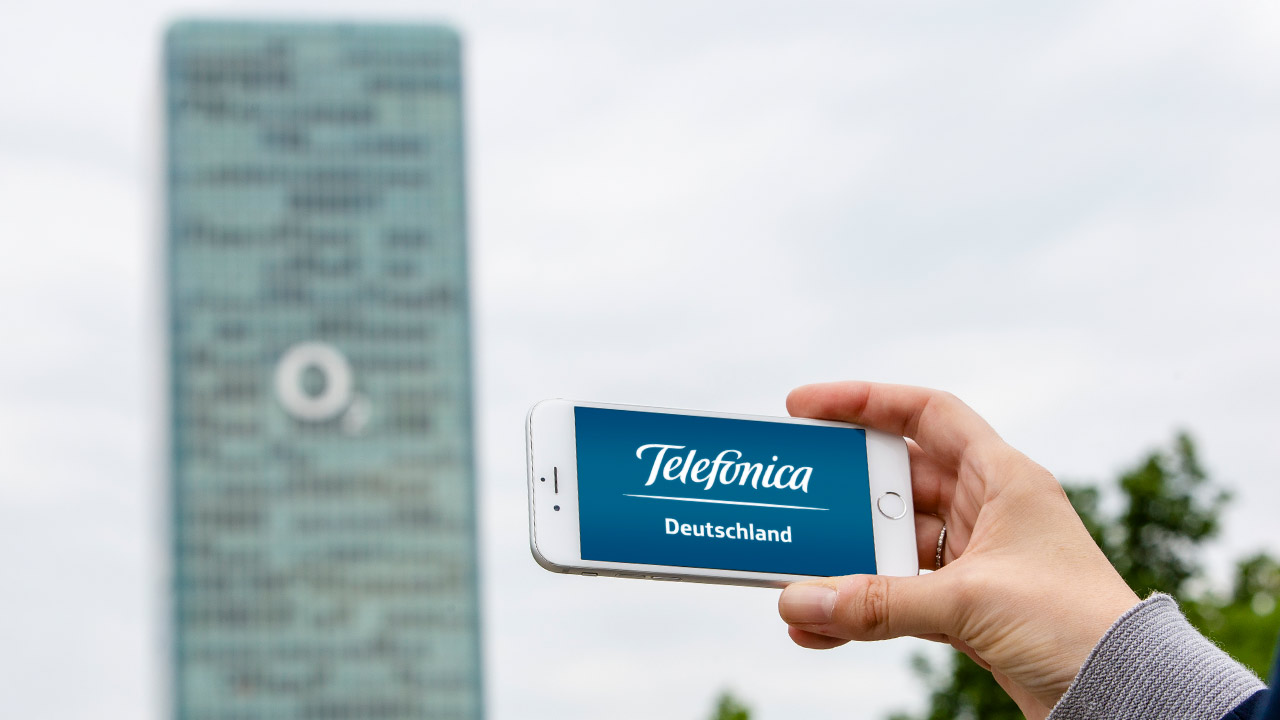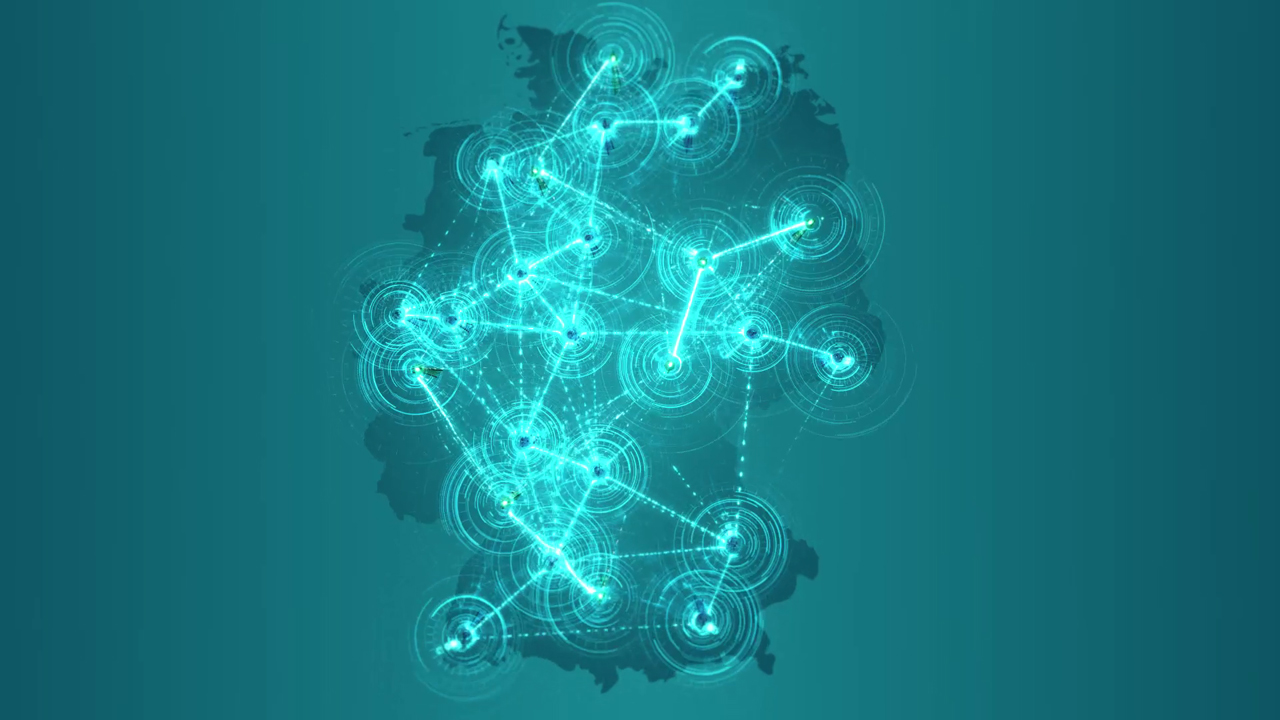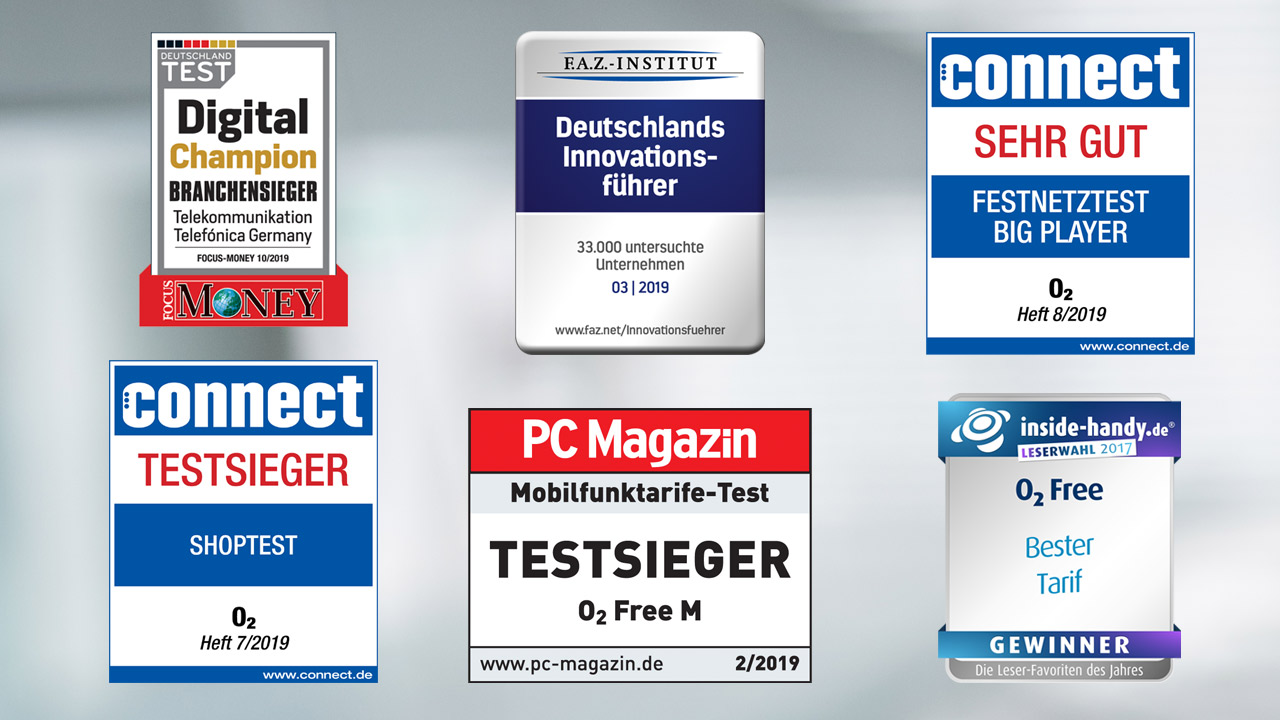01.10.2019
Telefónica Germany: Stronger than ever five years after the acquisition of E-Plus

Telefónica Deutschland has significantly increased its ability to innovate, its investment power and the quality of its offerings. ()
On the fifth anniversary of the acquisition of E-Plus, Telefónica Deutschland is stronger than ever before. The merger of the two providers in 2014 created Germany's largest mobile communications provider: With over 45 million connections, no other company connects more people to mobile communications in Germany. And Telefónica Deutschland has realized synergies in the billions over the past five years. This benefits the company's shareholders, but above all its customers - because Telefónica Deutschland has significantly increased its ability to innovate, its investment power and the quality of its offerings.
"Right from the start, the central idea behind this merger was to create tangible, sustainable added value for customers - in products, in the network and in service," explains Markus Haas, CEO of Telefónica Deutschland. "It was always clear to us that digitization would bring about a radical change in society and thus in our industry. The acquisition of E-Plus was an important prerequisite for actively shaping this change from a position of strength. With revolutionary, innovative products such as O2 Free or O2 Banking and the recently launched O2 You, we have impressively demonstrated this ambition. At the same time, we are now in a better position than ever to make the necessary investments in future technologies. This was demonstrated not least by our strong performance at the recent 5G auction."
On October 1, 2014, Telefónica Deutschland completed the acquisition of the E-Plus Group. Previously, the European Commission had approved the transaction after extensive discussions.
Extent of network consolidation historically unique outside China

Consolidation of the two mobile phone networks: No project of this magnitude and complexity had ever before been undertaken in the telecommunications industry outside China
One of the biggest challenges of the merger was the consolidation of the two mobile networks of Telefónica Deutschland and E-Plus. A project of this magnitude and complexity had never before been undertaken in the telecommunications industry outside China. As a result, all of the approximately 27,000 mobile phone sites were rebuilt and modernized. Today, no other provider in Germany has a similarly future-proof and powerful system technology. At the same time, more than 20 million customers were migrated to a uniform IT system. Today, Telefónica Deutschland mainly operates with its premium brand O2 and the second brand Blau. In addition, there are numerous partner brands and special ethnic offers. No other mobile communications company in Germany covers its target groups so tailor-made and customer-oriented.
Of course, this also applies to products and services. In 2016 - just two years after the takeover - Telefónica Deutschland revolutionized mobile communications once again with O2 Free. For the first time, it became possible to surf endlessly, anytime and anywhere, even after consuming the high-speed data volume. Just one year later, extra-large data packages were introduced. Telefónica Deutschland thus once again positioned itself as a pioneer in the market and made it possible, among other things, to use a data tariff for up to ten mobile devices. O2 recently also achieved sustainable innovation with O2 Banking or O2 TV as well as numerous cooperations, for example with Sky Ticket. And since the beginning of October, O2 customers have even been able to design their own contract conditions. With O2 You, they can put together their very own individual combination of mobile phone and smartphone - with termination at any time and completely flexible payment for the terminal.
Products, network and service convince experts and customers

Telefónica Deutschland can look back on a total of more than 40 awards in recent years.
The innovative products, but also network performance, consulting and service have earned Telefónica Germany numerous awards. At the beginning of the year, FOCUS Money awarded the company the "Digital Champion" seal in the telecommunications sector as the industry winner. In spring, the F.A.Z.-Institut also awarded the company the seal "Germany's innovation leader". O2 Fixed Net convinced the jury in the major connect Fixed Net Test 2019 with an overall rating of "very good". At the same time, O2 won the major connect mobile shop test this year. And O2 Free was awarded best rate in a reader poll conducted by Inside-Handy.de in 2017. Telefónica Deutschland can look back on a total of more than 40 awards in recent years. The customers' verdict is also clear: currently, no national network operator is growing as strongly as Telefónica Deutschland in terms of the number of customers in mobile and fixed networks.
Telefónica Deutschland also used the integration of E-Plus to lay the foundations for new, high-growth business models at an early stage in addition to its core business of mobile communications. The company is investing in artificial intelligence, data analysis (ADA) and the Internet of Things (IoT). Telefónica Deutschland already offers private customers and companies secure and cost-efficient networking solutions. At the same time, the company supports traffic planning, for example, in order to reduce congestion and thus environmental pollution by means of smart evaluation of mobile phone data.
But Telefónica Deutschland is also positioning itself for competition in its core business. In May, the company secured exclusive access to Vodafone's nationwide cable network. Telefónica Deutschland is thus significantly expanding its nationwide fixed-network offering with high-speed Internet. At the same time, Telefónica Deutschland is expanding its high-speed LTE mobile communications network. In 2019, 10,000 new LTE elements are planned - an unprecedented number for network upgrades in Europe. And finally, Telefónica Deutschland has secured valuable frequency spectrum for its customers in the 5G frequency auction. The company thus has a very good basis for offering its customers an even more attractive user experience in the coming decade and thus a plus in mobile freedom in the digital world.
The mobile customer as the big winner

The customer is the biggest winner of the takeover. ()
However, the biggest winner of the takeover - contrary to the warnings of critics - was the consumer. This is because prices for mobile services in Germany have continued to fall significantly in recent years. For example, the producer price index of the Federal Statistical Office for services in the mobile communications segment has fallen by around six percent since 2015. By way of comparison, consumer prices rose by a total of 3.8 percent between 2015 and 2018. Other utility services such as apartment rents and energy costs increased even more sharply.
At the same time, costs for the provision of data volumes fell significantly across the industry. While customers, for example, received only 0.5 GB of data volume in September 2014 for € 29.99, for the same price, the figure today is 10 GB - and at a significantly higher speed (comparison: O2 blue all in M with 0.5 GB in September 2014 and O2 Free M with 10 GB in September 2019). Consequently, the price per GB fell by around 95 percent within a few years. Despite all fears to the contrary, competition in the German mobile communications market has finally increased further. In almost no other European country is there such an active and comprehensive landscape of network-independent mobile providers. Their market share in Germany, measured against the total customer base, rose from 11.5 percent at the beginning of 2015 to 16.9 percent in the first quarter of 2019.